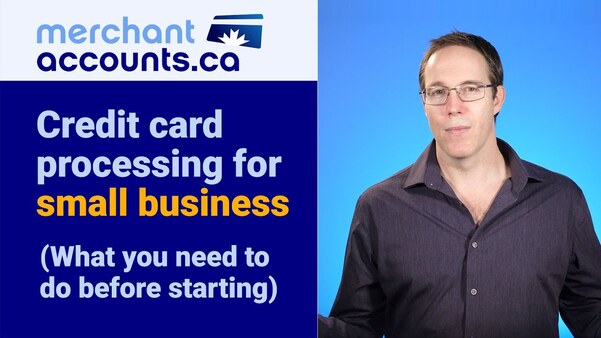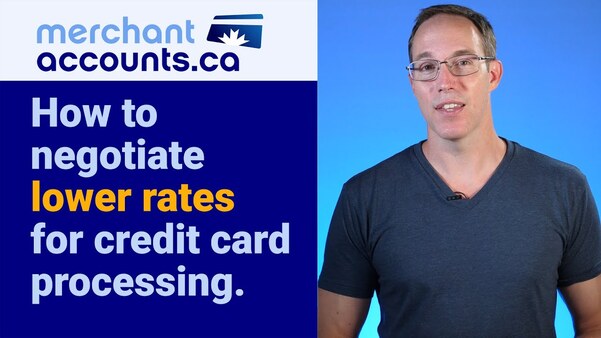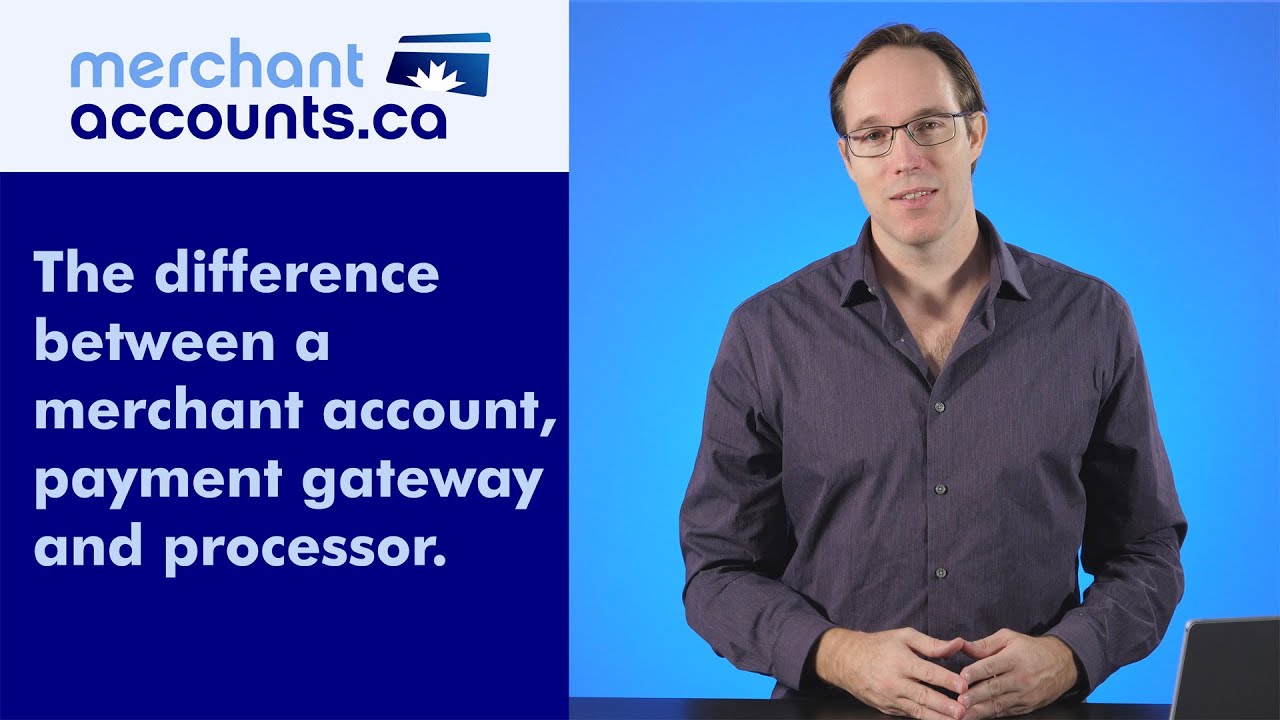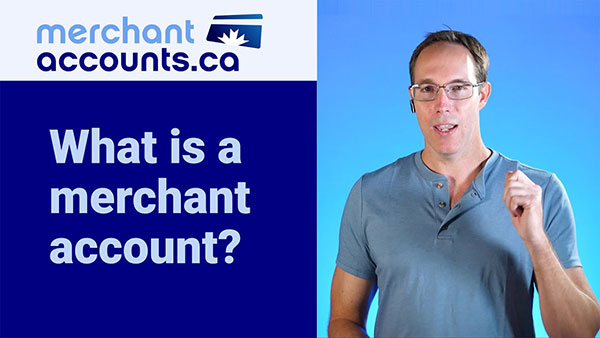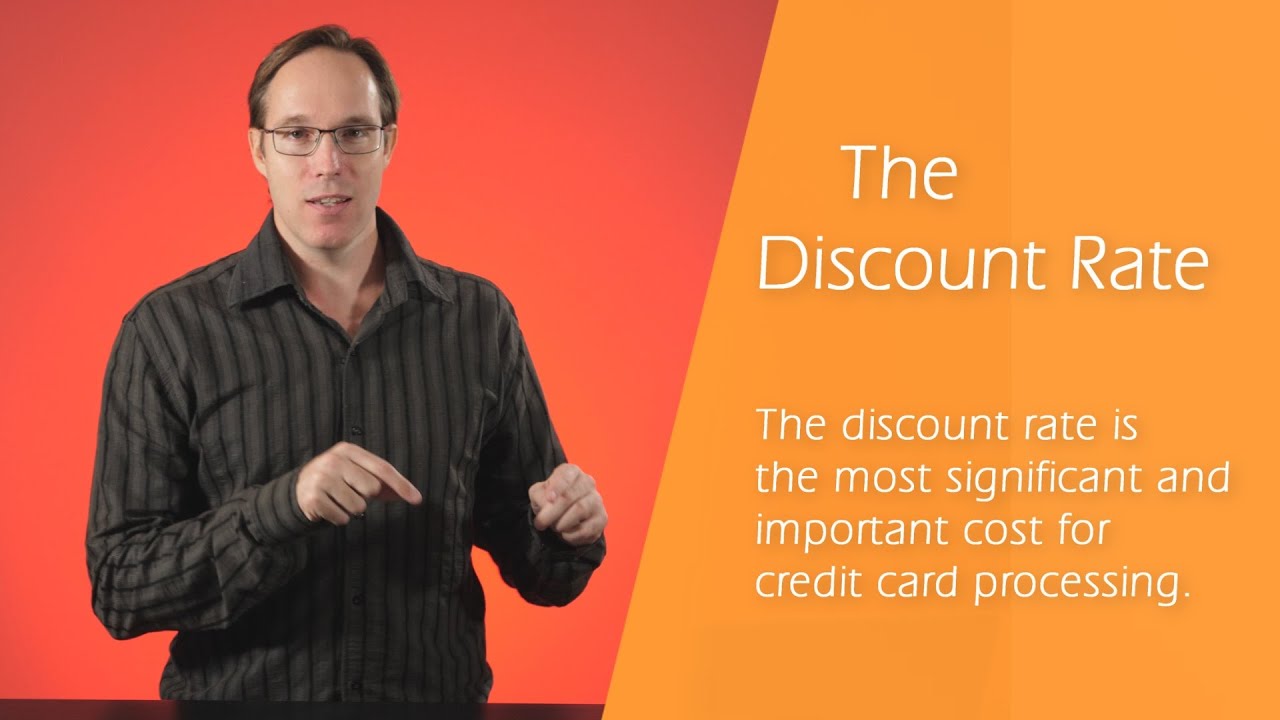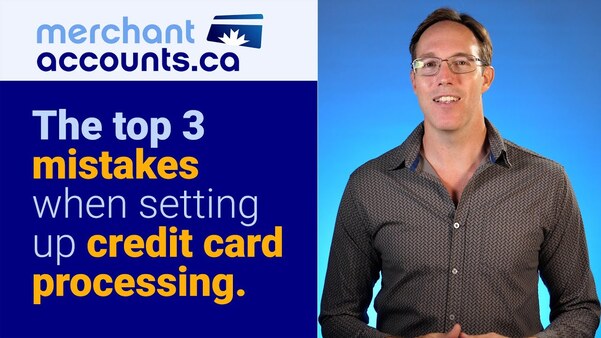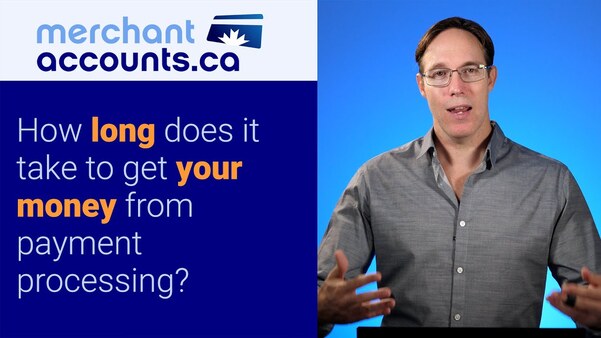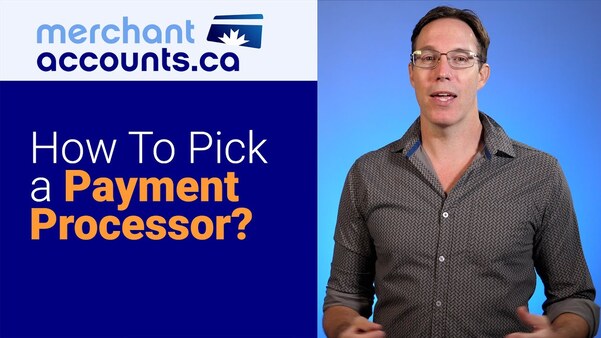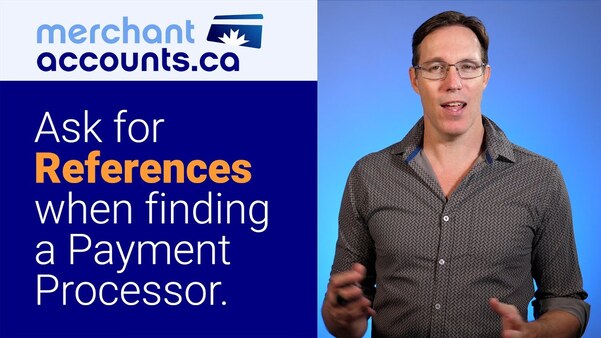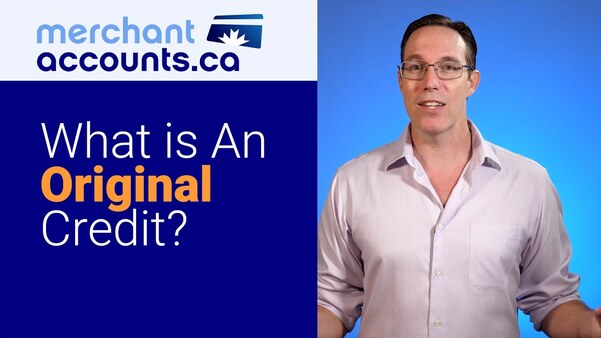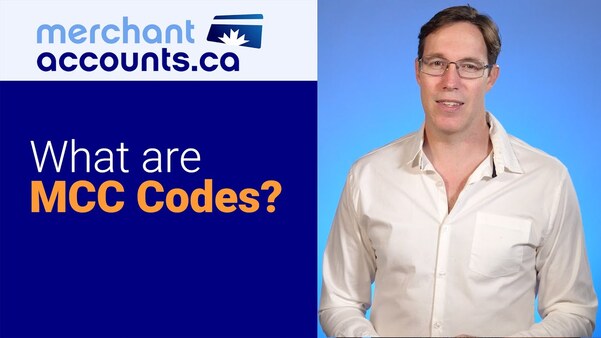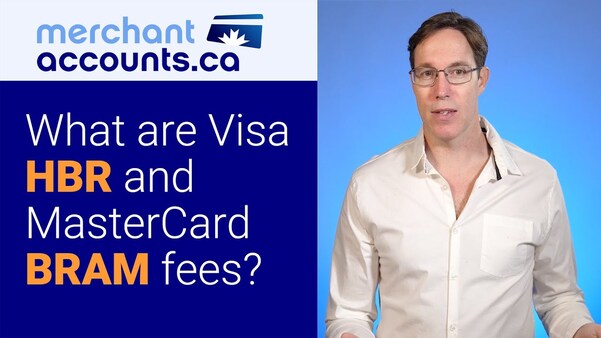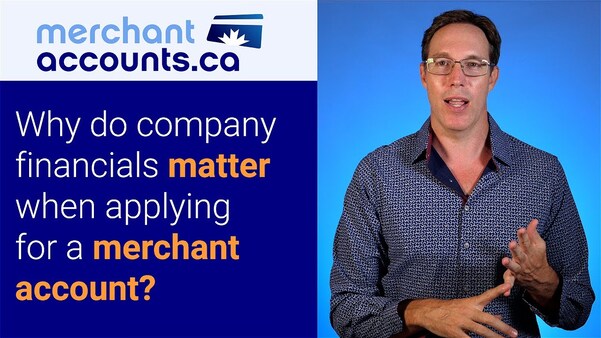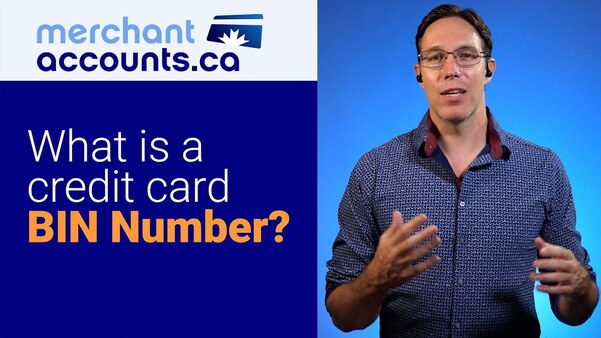July 11, 2019
by David Goodale
How much does credit card processing cost?
(And how much should you actually be willing to pay for your business?)
Key Takeaways
Video Transcript
Do you find the cost associated with credit card processing confusing? A lot of folks do. Stay tuned because I'm going to tell you not just how much it costs, but how much you should actually be paying for your payment processing. Because how much it costs generally, and how much you should actually be willing to pay, are two very different things.
The processor needs to make money
Let's start by talking about the thing you don't want to talk about. The payment processor has to earn some money. If they don't earn some money they won't answer the phone, they won't process your transactions. So it's really about what's a reasonable amount of money for a payment processor to make from your processing? This is not an abstract concept. I'm going to be very specific. If you have, let's say, Sony or Netflix, a huge company that does millions of dollars in transactions per month. The payment processor has to have a very small markup for transactions because they do so many transactions that even with the low margin they make enough money to service the account. Now you could take a local fish and chip shop on the street corner. They might have the best fish and chips in town but if they are only processing $5 to $10k per month in credit card sales, the payment processor has to earn more margin per transaction in order to service the account. We'll get into how much is reasonable and I'll give you enough knowledge to figure it out for your business in a moment.
Interchange cost
Interchange is cost from Visa and Mastercard to the payment processor. It's set on a country basis so if you have a Canadian business it will fall under Canadian interchange. An American business will fall under American interchange and so on and so-forth. There's a lot of material on the Merchant-Accounts.ca website about interchange and exactly what it is. I'm not going to talk about that in this video. I'm just going to generalize. There are basic cards that cost about 1.5%. That's the true cost from Visa/MC to the payment processor on an ecommerce transaction. A rewards card costs about 1.8%. A corporate card usually costs 2% and then on either end, cheaper than the basic cards are Visa/MC debit cards, and then there's the super premium cards that Richard Branson probably has a pretty fancy card that he walks around with in his wallet and I bet you it has a pretty high interchange cost attached to it. But those cards are rare. What you'll find is the debit cards usually wipe out the super rewards cards. So we can just generalize and talk about the basic cards to the corporate cards. Cost is from 1.5% to 2% on average. The more you target an upscale clientele or wealthy type of client, the cost will average higher because they will use more rewards cards.
Processing margins - sales volume
With that being said, lets talk about margins. If you're processing $10k per month in sales, there's not a ton of money running through the account so the payment processor in order to answer the phone and keep the lights on will have to charge a decent margin above interchange. So they charge you say, half a percent - 0.5% above interchange. Let's say you were selling camera lenses to videographers, you can probably assume there is a good pile of rewards cards in there. Let's say interchange on average worked out to 1.8%. That's a fairly reasonable estimate, and we can only estimate that that's accurate. Then we add on the 0.5% processing fee. So 1.8% + 0.5% = 2.3% which is really what you should be paying if you're processing about $10k per month in sales, for a low risk product. On the flip side look at Netflix. If Netflix called me, I'd be supper happy. They're going to do a bazillion dollars a month in sales, but the margin has to be very low because they do so much money in transaction processing as a payment processor you might be earning 0.1% or 0.05% - 5 basis points on millions and millions in volume.
Processing margins - credit risk
Now it's not just volume alone that impacts your rate. You have to look at your businesses risk profile as well. Now what that means is, and I have to do a very short explanation for this point. When someone pays for something on their credit card, they are guaranteed to receive it. It's one of the core cardholder protections built into credit cards when they are issued to folks. So if someone pays for something and they don't get it Visa says look, you get your money back - that's our rule. If a business sells something to a customer and they don't give it to the customer, as I just said they have to give the money back, but if the business disappears, or closes it's doors, then the payment processor is on the hook. This is where it starts to really matter. Think for a moment about a cruise line - you could be selling luxury cruises through the Caribbean. The problem is cruises are expensive, so if it's 5k per sale and a company has sold 1000 cruises, and then the cruise line folds, holy moly that's millions of dollars that have to be paid back to the card holders. If the cruise line went out of business the payment processor is left on the hook for it. The reason why this matters is you have to look at the risk profile because it will be factored into the rate that you will be paying.
Using my cruise line example for a second, ok yes that's high risk. But if you're saying no Dave there is no way that Disney cruises pays a crazy rate per transaction well you're probably right, they probably don't and the reason why is because Disney is attached to it. So your business history plays a big role in the pricing as well. You have to look at your risk profile and say "am I a start-up business?" If I'm a start up business, do I have credible expertise? If the folks who ran Disney cruise lines started a new cruise line, yes it's a new cruise line and high risk, but they ran Disney cruise lines for 10 years so there is a whole criteria to bring into the picture. On the flip side if the business owner has had several bankruptcies in the past, they might have a low risk business but it's perceived as higher risk. In general here's some numbers for you. If your business is likely to cost the payment processor money - in other words if they are at a significant risk by working with the merchant, expect them to charge accordingly. You'll probably be paying more than 1% over interchange if your businesses is deemed high risk. So coming back to my interchange example, if cost for that camera equipment that was being sold on average worked out to be 1.8%, you could expect to pay 2.8% at least per transaction if you were high risk business.
It's very hard to do a concise presentation about pricing because it's so dependent on your business. Your transaction volumes, your product risk, and some other criteria as well, such as the business owners and the people behind the business. In general think of it as applying for a loan. If your closest competitor approached you for a loan to give to their business. Now forgetting the fact they are your competitor because why would you want to loan your competitor money. But from a risk profile, because you know your business but you have to detach it from being you because obviously you trust yourself. So your biggest competitor, are they loan worthy? If your answer is "yes" because there is a good chance you'll see a return then that's how a bank would look at your business. That's a really good way to look at it impartially. If you feel like "hold on a second, I can see some concerns the payment processor would have" then from there you should think "ok I should allow them to earn a little more margin per transaction."
Negotiating rates
This video was a hard one for me to do because it's hard to generalize when as you can probably tell, all I really wanted to communicate it's really situationally specific depending on your business. So this gives you some idea. If you really want to negotiate effectively there is an example I always use. I plop down a baseball sized blue diamond in front of you and say $20 million dollars. Would you be thinking this is the deal of my life, or this the most ridiculous thing ever? The reality is, what is the value of the worlds largest blue diamond? I have no idea? Then it's impossible to negotiate effectively when you don't have a point of reference. So if you know interchange is and go to Merchant-Accounts.ca or look at our other videos on interchange.
- Know your processors cost
- Understand your risk profile
- Bring in the volume of transactions you that you process
If you do those three things, you can go in there and you can negotiate so confidently and that's the rate you should be paying. What you should not do is go to the processor that gives the lowest sounding rate because usually if you get a rate that sounds too low, especially if it's at or near interchange, it's a qualified rate quote. You won't get what you think you're going to see. I strongly encourage you to enter the negotiation making peace that the payment processor has to earn some reasonable margin and make sure that you get a good value without being taken advantage of.
Summary
I hope this was helpful and if you want a quote for your business or even if you've got a quote you might even just want ask our opinion on a quote from another processor. It's not even that rare, as crazy as it is, sometimes people call us and say they have this quote from someone else, your website has a lot of information on it, is this what we think it is? And we do our best. We will always come back and say we would love to work with you too, but sometimes people it's hard, it's a hard thing to do and you don't want to be stuck paying for something that's not a good value.
I hope you found this video helpful. Visit Merchant-Accounts.ca for more information on interchange and pricing and thanks for watching, have a nice day!
Need professional guidance?
Contact us for a free one hour consultation.
Can I Help Lower Your Processing Fees?
If you found this content helpful, will you give me the opportunity to quote on your business?
View Rates


